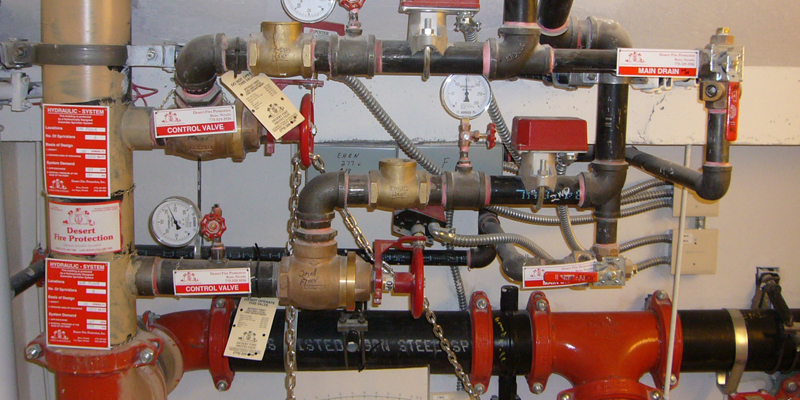
Fire alarms & sprinklers: Verifying your technical competency
 Are you satisfied fire sprinkler or fire alarm test reports you receive are accurate? Are you confident plan reviewers understand the impact adding audible/visual fire alarm notification appliance has on line voltage measurements? Can your fire sprinkler plan reviewers explain how design densities change with commodity classifications?
Are you satisfied fire sprinkler or fire alarm test reports you receive are accurate? Are you confident plan reviewers understand the impact adding audible/visual fire alarm notification appliance has on line voltage measurements? Can your fire sprinkler plan reviewers explain how design densities change with commodity classifications?
If you answered “no” to any of these questions, how confident are you that the sophisticated fire protection systems and equipment in your jurisdiction will operate as intended to protect lives and property?
Building owners go to great expense to install fire protection systems. The costs of design, installation, inspection, testing and maintenance add capital and operating costs to the life cycle of a building. Insurance underwriters include fire protection systems in their risk analysis when setting premiums.
What do we do with the men and women we task with reviewing, approving and inspecting essential life safety and fire protection features as fire alarm and sprinkler systems? To address the gap in assessing technical competence, the International Code Council offers five professional certifications for government and industry: commercial fire alarm inspector, commercial fire alarm plans examiner I and II, commercial fire sprinkler plan reviewer, and commercial fire sprinkler inspector.
The certification exams are based on the International Codes and corresponding National Fire Protection Association (NFPA) standards such as NFPA 13 for fire sprinkler systems and NFPA 72 for fire detection and alarm systems. The open-book exams range from 60-75 multiple choice question over two- to two-and-one-half hours. The exams may be taken in paper and pencil or online format. Exam fees are $199. For more information and registration details, visit the ICC national exam and certification site.
Professional qualifications for public and private sector personnel engaged in critical fire and life safety system design, plan review and inspection are an important way to assess performance and establish baseline qualifications. Testing and certification assure that minimum qualifications are met, there is consistency in the level of service provided, and the certified person has been assessed at a high level of competence. Isn’t that the least we should expect from people in this business?







